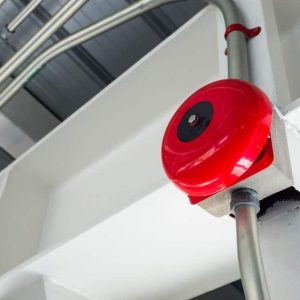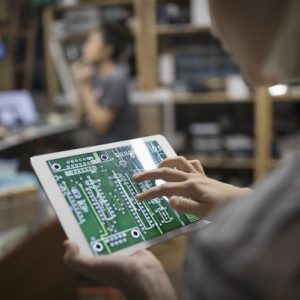Customer Services Specialist
The main purpose of a Customer Services Specialist is to be a ‘professional’ for direct customer support within all sectors and organisation types. As such, you are an advocate of customer service who acts as a referral point for dealing with more complex or technical customer requests, complaints, and queries. Therefore, you are often an escalation point for complicated or ongoing customer problems.
Accordingly, as an expert in your organisation’s products and/or services, you share knowledge with your wider team and colleagues. You gather and analyse data and customer information that influences change and improvements in service. Furthermore, utilising both organisational and generic IT systems to carry out your role with an awareness of other digital technologies. This could be in many types of environment including contact centres, retail, webchat, service industry or any customer service point.
These qualifications are for learners who work in any industry. It is not just for school leavers; employers who can use the Levy (in England) to up-skill existing employees into a new role or to qualify in their current role.
It will require 20% off the Job time (OJT) to study and we can record this on our systems. We are on the Register of Apprenticeship Training providers (RoATP) and can be found on the Government Website.
Qualification that the apprentice will achieve:
These qualifications give learners the opportunity to:
- Firstly, develop and demonstrate technical and wider sector-related knowledge to underpin competence in the job roles stated above. This includes the knowledge covering the broader cross-organisation processes such as business innovation, financial management and marketing. Also, the principles and practices underpinning the tasks and responsibilities related to the job roles above such as methods of communication and information management.
- Secondly, learn and expand on a range of technical skills and behaviours that support competence in the job roles stated above. These include developing and managing administrative systems, processes and staff. For example, using a range of internal and external communication methods and the systems that support them. Additionally, organising diaries, meetings and travel, managing resources and facilities, managing administrative processes, systems and supervising staff.
- Thirdly, establish their own personal growth and engagement in learning, through the development of personal, learning and thinking skills (PLTS).
- Have existing skills recognised.
- Lastly, achieve a nationally-recognised Level 3 qualification.




